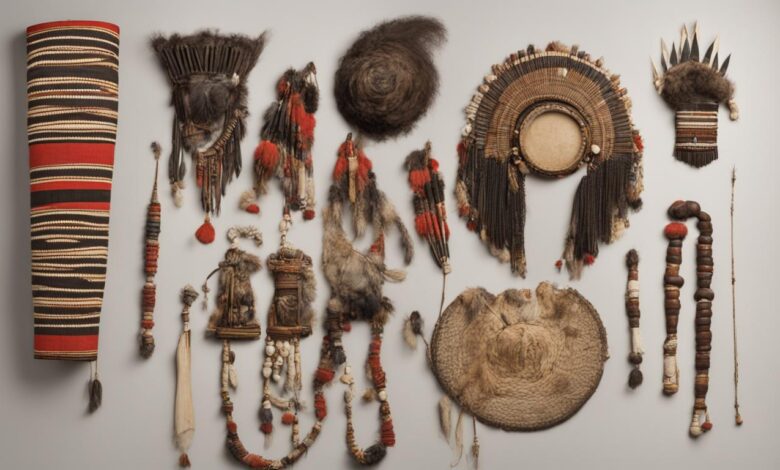University of Cambridge returns 39 traditional artifacts to Uganda in restitution gesture

The University of Cambridge has repatriated 39 traditional artifacts to Uganda as an act of restitution, returning tribal regalia and delicate pottery to the East African country. The move follows extensive negotiations to restore culturally significant items to their original communities, with the artifacts on loan to Uganda for three years while remaining part of Cambridge’s collection.
The University of Cambridge has repatriated 39 traditional artifacts to Uganda in an act of restitution. The objects, which include tribal regalia and delicate pottery, were returned to the East African country on Saturday. This move follows extensive negotiations aimed at restoring items considered culturally significant to their original communities. Mark Elliott, senior curator in anthropology at Cambridge’s Museum of Archaeology and Anthropology, emphasized the collaboration’s museum-to-museum nature.
The artifacts have been loaned to Uganda for an initial period of three years but remain part of Cambridge’s collection. Uganda, once a British protectorate until its independence in 1962, selected these items from about 1,500 objects that Cambridge has held for a century. Many of these were donations from private collections, including contributions by an Anglican missionary active in Uganda during the late 19th and early 20th centuries.
Uganda Museum in Kampala plans a temporary exhibition of these artifacts next year. According to Jackline Nyiracyiza, a Ugandan official, the agreement with Cambridge allows for potential renewal and future discussions about permanent loans or local ownership. Ugandan officials initially sought restitution by traveling to Cambridge in 2022.
The return is seen as a significant step for Uganda and could serve as a model for other museums holding Ugandan ethnographic items. Nelson Abiti, principal curator of the Uganda Museum, hailed the return as the largest single movement of objects back to the African continent in recent years. Despite ongoing challenges, African governments, with support from the African Union, continue to press for the repatriation of looted cultural artifacts.








